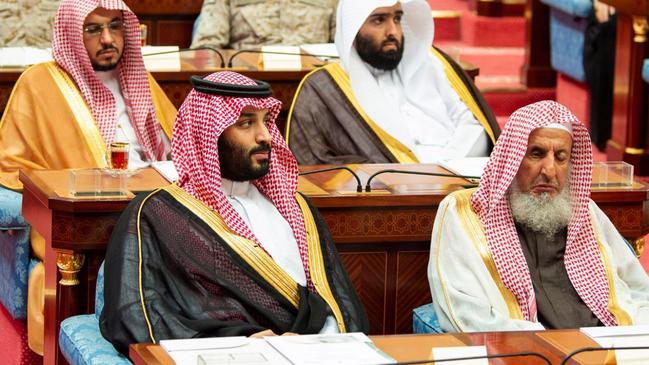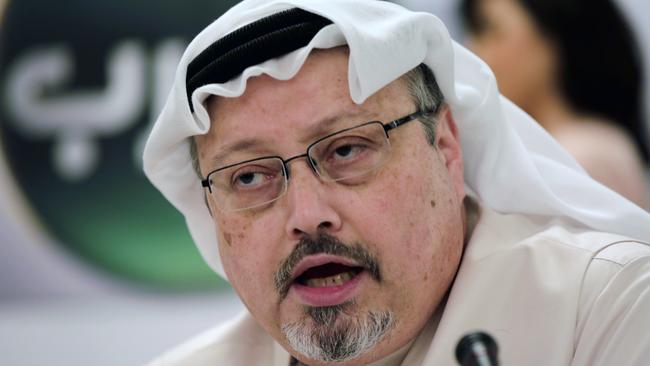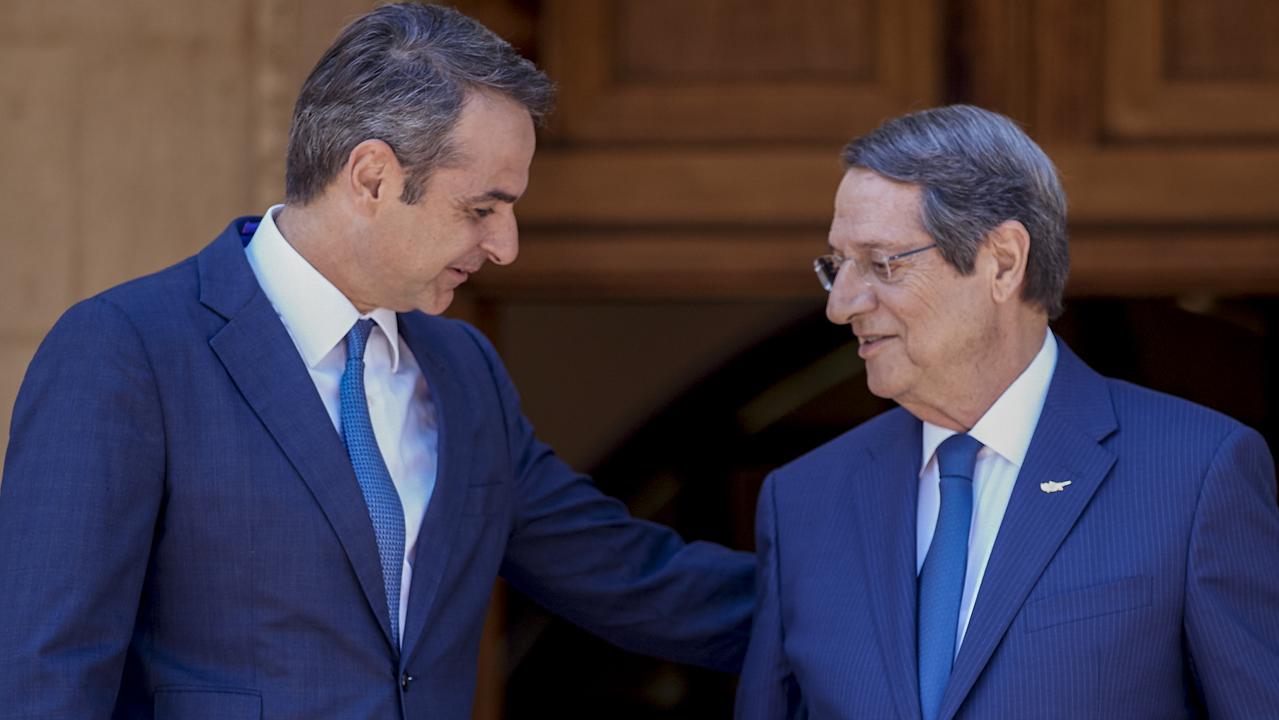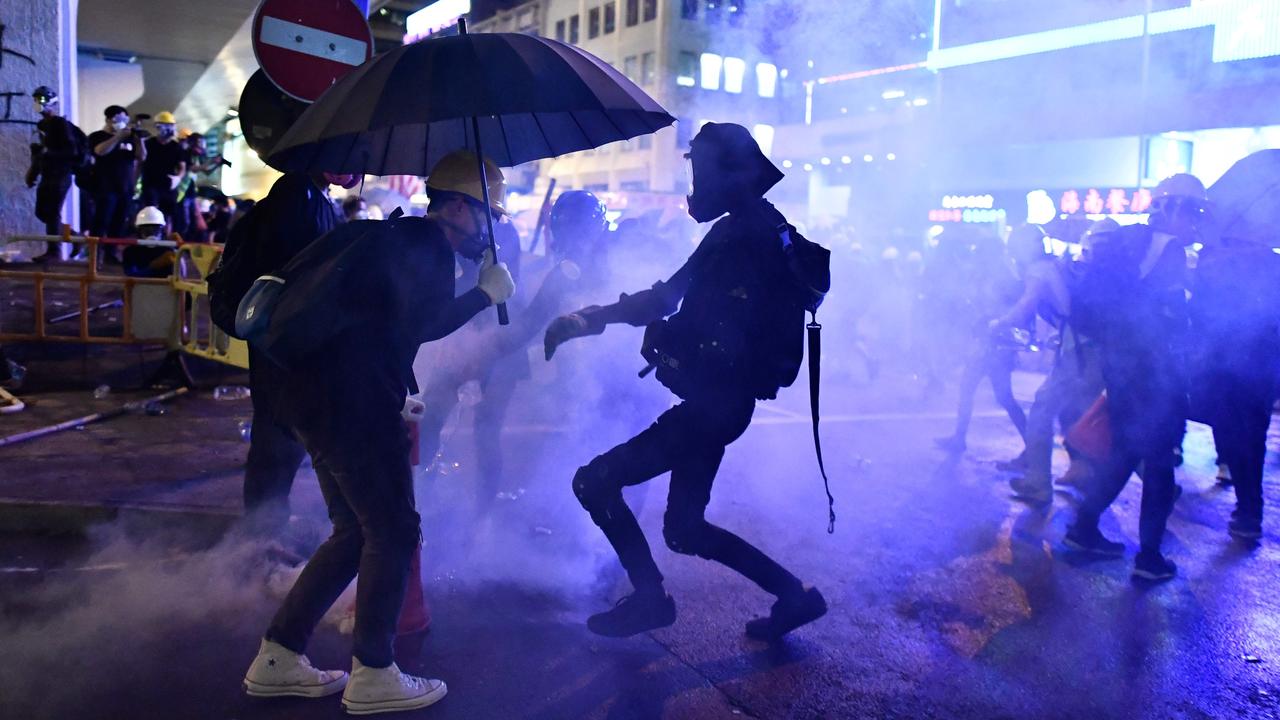
The decision is a blunt statement about the sort of international misbehaviour Trump is prepared to tolerate in pursuit of his America First foreign policy.
The correct decision in the Khashoggi case was always going to be one of proportionality. It was never going to be feasible or sensible to shatter the US-Saudi alliance over the killing, no matter how distasteful that single act was. It was also never going to be feasible or sensible to take the “nuclear option” of suspending or cancelling more than $US100 billion in defence contracts with the Saudis.
But it was feasible and sensible for the Trump administration to choose a proportional middle-ground punishment for the Saudis — a carefully calibrated penalty that would amount to a shot across the bows for the kingdom without causing long-term damage to the overall alliance. Most importantly, this would have sent a message to autocratic heir to the Saudi throne, 33-year-old Mohammed bin Salman, that his next decades in power will not be cost-free if he chooses to sanction gross abuses of human rights.
But Trump’s decision has no proportionality — it is a complete pardon given to the prince. This comes despite the conclusion of the CIA that it had “high confidence” the prince ordered the murder of the dissident journalist.
With every step of the investigations into the killing, Saudi Arabia has changed its story, seeking to evade all responsibility and then, ultimately, to protect the royal family.
The CIA has concluded what common sense told everyone from day one — it is inconceivable that a planned murder inside a Saudi consulate by a large team of agents linked to the prince would have been carried out without his knowledge and approval.

This was an inconvenient truth for an administration whose singular focus in the Middle East was finding allies to help it combat the malign influence of Iran and had banked on Saudi Arabia being the anchor for this quest.
It was also an inconvenient truth for the President’s son-in-law Jared Kushner, who had developed a close relationship with Mohammed in the hope the Saudis would play a key role in helping implement his yet-to-be-completed Middle East peace plan.
And on top of that, Trump himself had already made a heavy political investment in Saudi Arabia, making it the first foreign country he visited as President.
Ever since the killing Trump has been reluctant to impose any punishment of the Saudis beyond the minimal act of imposing sanctions on the 17 people involved in Khashoggis’ death.
The President’s conviction has been such that he has ignored the findings of his own CIA, just as he did when the agency concluded early on Vladimir Putin’s Russia had interfered in the 2016 election.
Trump has trumpeted yesterday’s decision as an example of his America First approach to foreign policy, even beginning his statement with the words “America First”.
But as the world’s superpower, the US does have a responsibility to send a message — even to allies — that behaviour like the Khashoggi killing is a blight on the norms of international behaviour.
Instead, the President has sent the message that state-sanctioned murder is forgivable, so long as you are a friend of the US.
A proportional punishment was required to send a message to the Saudis and by dismissing this so completely, Trump has weakened America’s moral leadership.
Cameron Stewart is also US contributor for Sky News Australia




Donald Trump has decisively turned America’s moral compass away from human rights and towards realpolitik by allowing Saudi Arabia to escape sanctions over the Jamal Khashoggi murder.